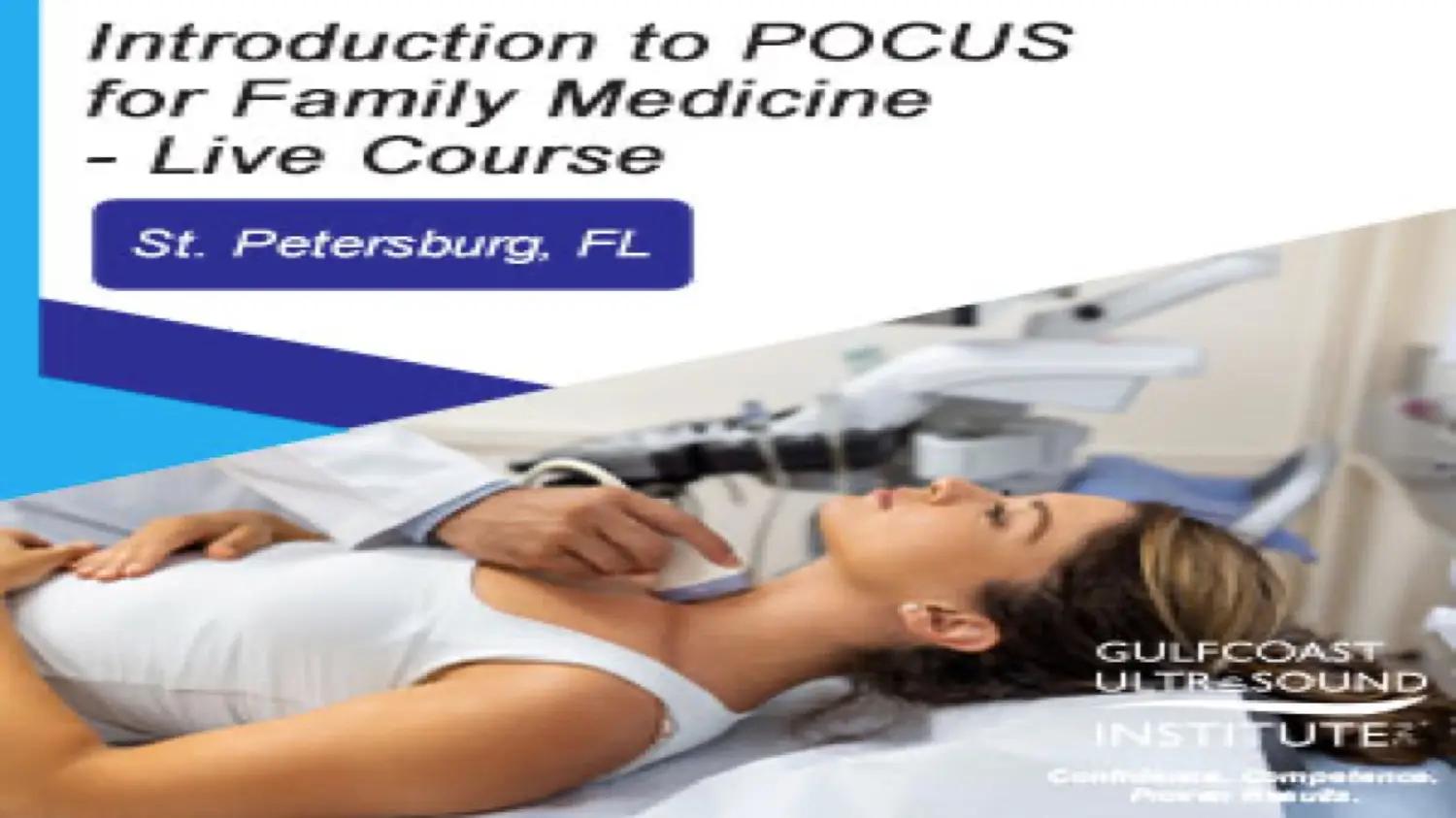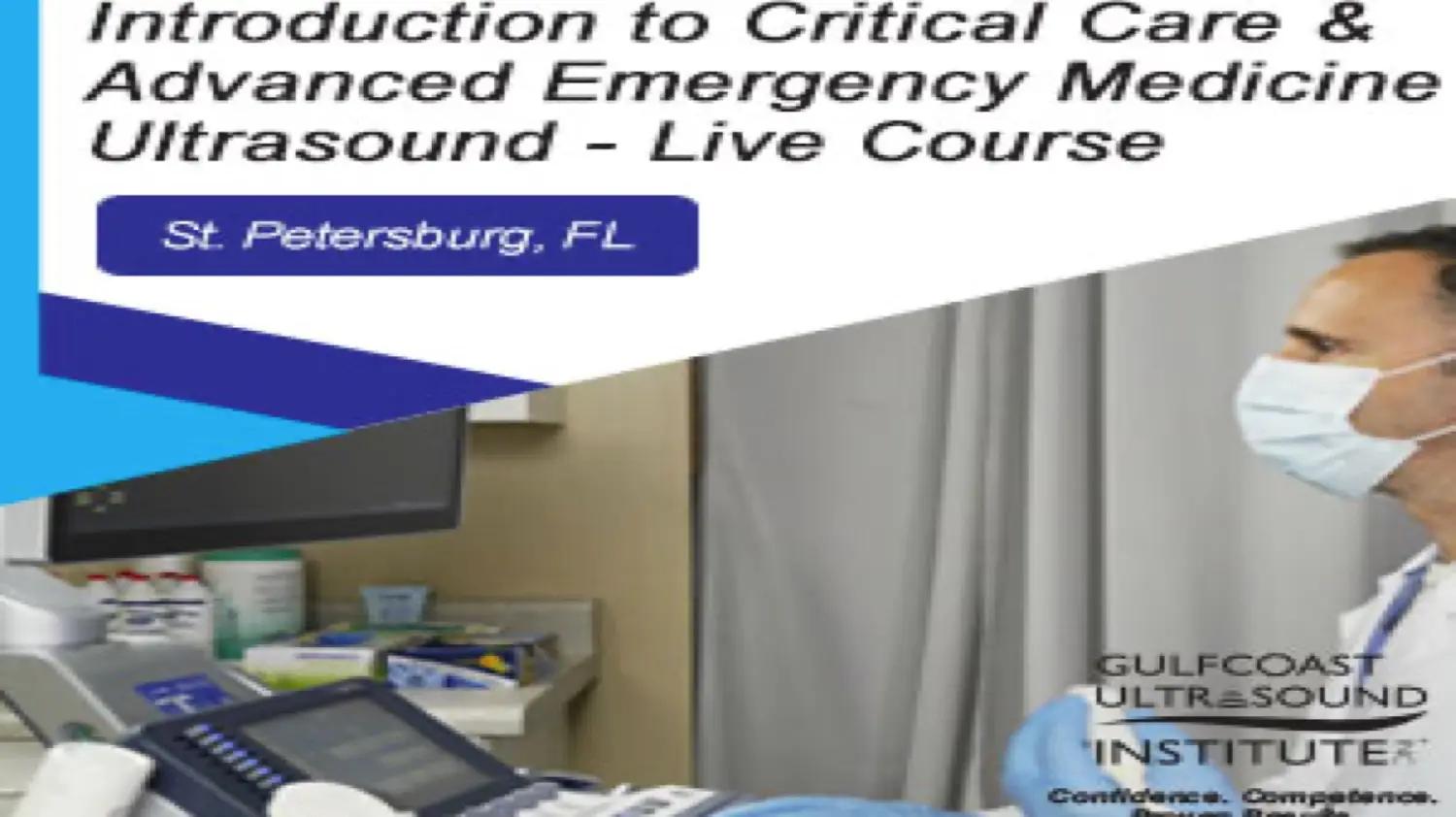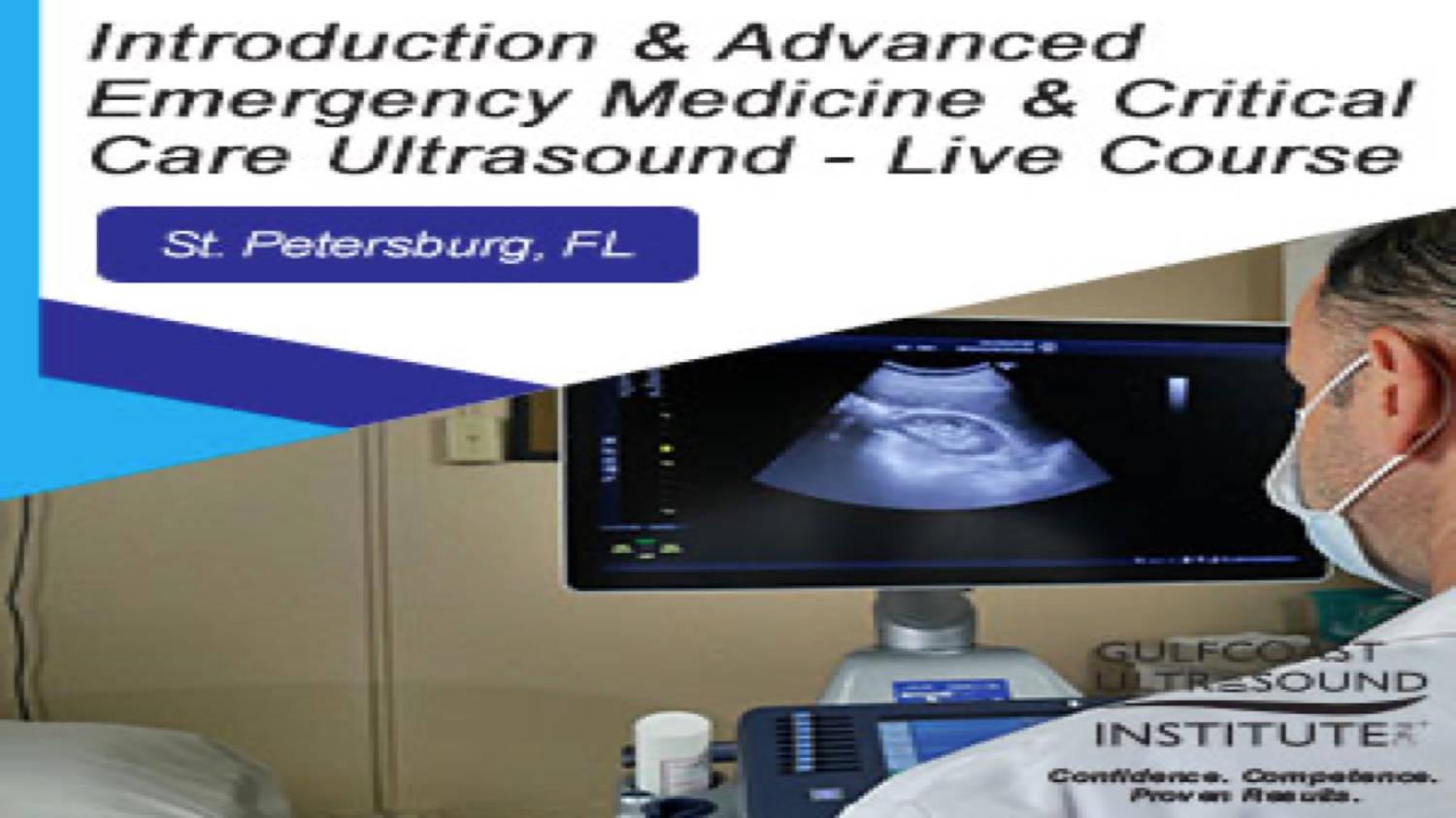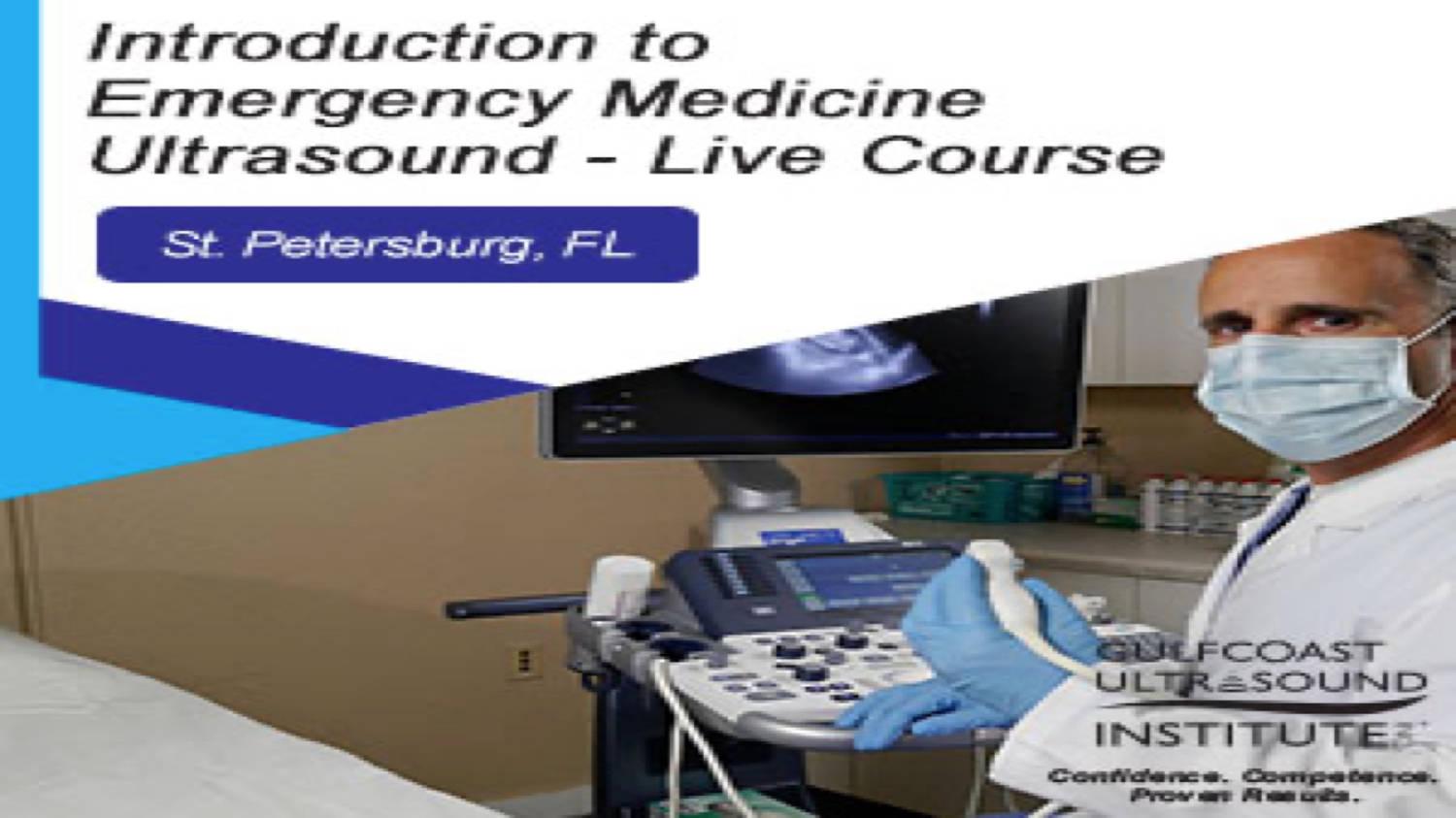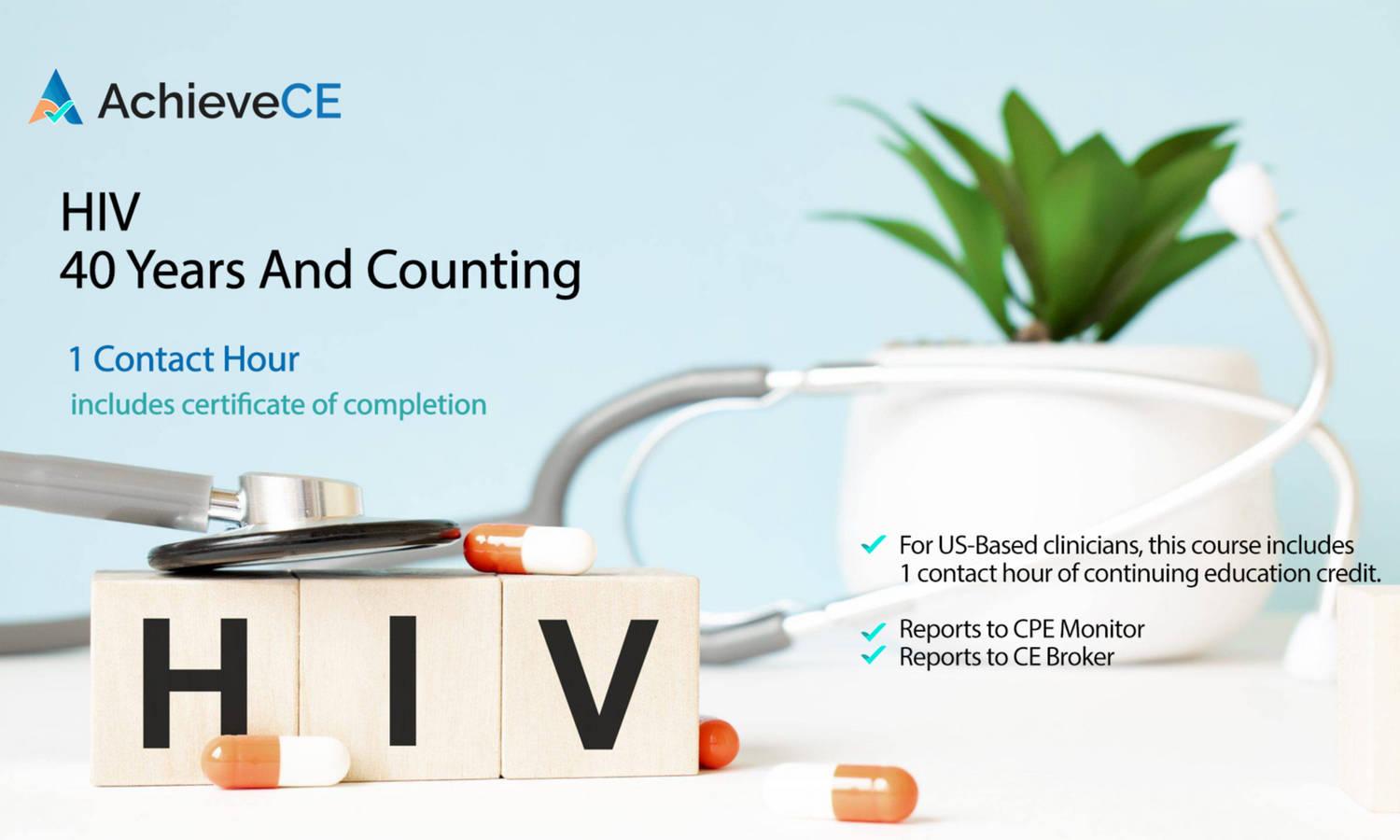
Hyperkalemia in the Complex Cardiorenal Patient: Diet, RAAS Inhibition, and the Role of Potassium Binders
 hosted byNational Kidney Foundation (NKF)
hosted byNational Kidney Foundation (NKF)Hyperkalemia in the Complex Cardiorenal Patient: Diet, RAAS Inhibition, and the Role of Potassium Binders is organized by National Kidney Foundation (NKF).
Available From: 7/27/2023
Available Until: 7/27/2024
Course Description:
Hyperkalemia is one of the most common complications in patients with CKD and ESKD, and it is associated with a higher risk of malignant arrhythmias, cardiovascular events, and mortality. Hyperkalemia is also the most important barrier for the widespread use of cardio and reno-protective medications such as renin-angiotensin-aldosterone system inhibitors (RAASi) and mineralocorticoid receptor antagonists (MRA). To prevent the adverse outcomes associated with hyperkalemia, and to promote ideal cardio-renal protective medications regimens in high-risk patients with CKD, healthcare providers need to understand the importance of hyperkalemia and be familiar with the latest developments in its prevention and therapy. This symposium will consist of scientific presentations by clinical experts, who will discuss new developments in hyperkalemia.
Learning Objectives:
• Examine the mechanisms and consequences of hyperkalemia in patients with CKD or CHF and its role in preventing optimal cardiorenal therapy
• Summarize the role of diet as a cause of hyperkalemia in patients with CKD or CHF, and the effect of dietary potassium restriction on clinical outcomes.
• Describe the role of novel potassium binders in enabling cardio and renoprotection in patients with kidney disease
Additional details will be posted as soon as information is available



